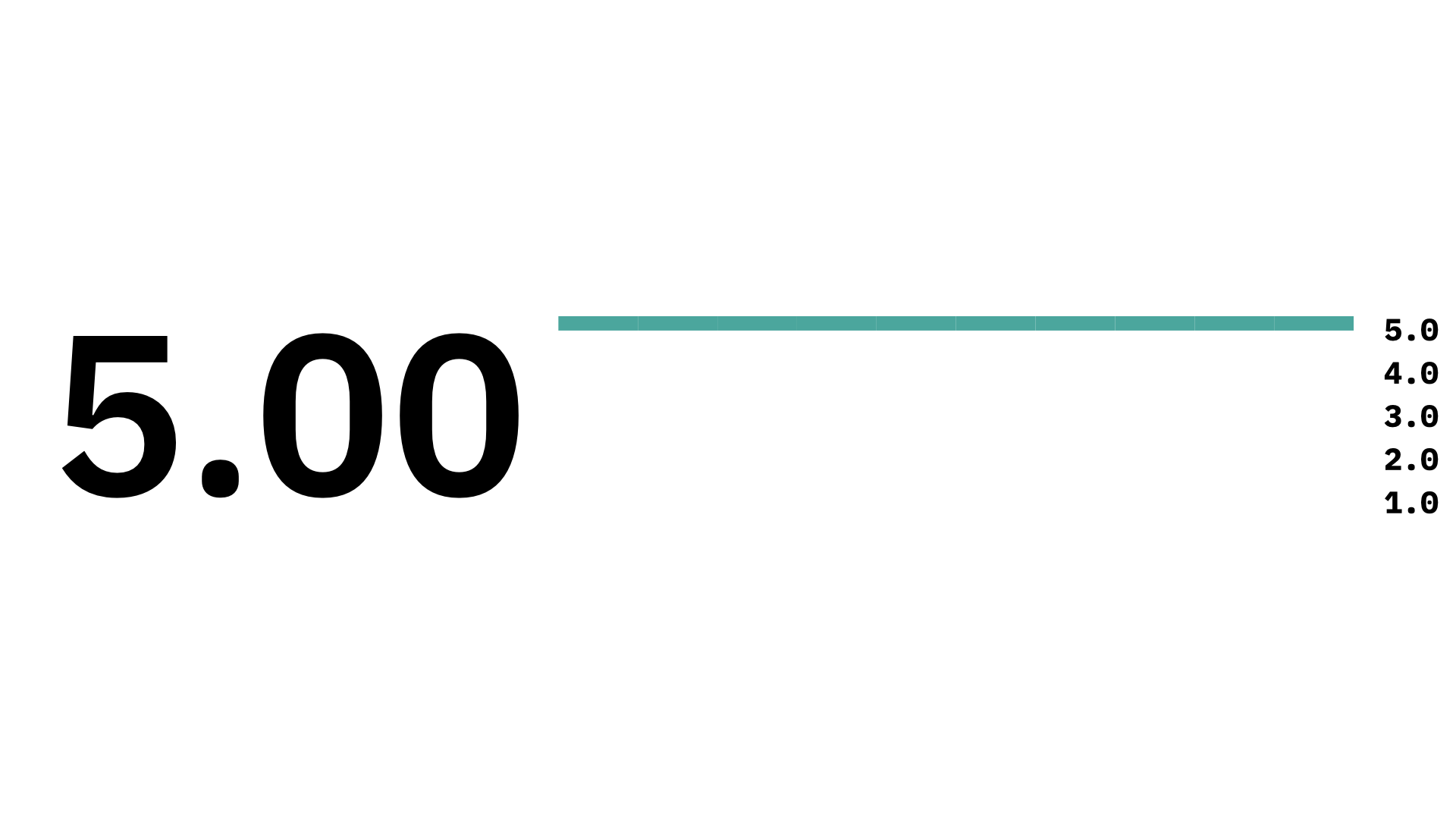
Competency Model Review and Updating
Competency models built in the past fail to keep pace with changing business strategies and talent needs. Without regular review, organizations lose touch between workforce capabilities and what drives performance today.
Static competency models lead to inaccurate talent decisions ranging from placement to promotion to learning priorities. Skills critical for current and future viability remain undervalued. Employees and leaders lack direction on enhancing relevant strengths.
This course provides a rigorous framework to periodically review and update competency models at organization, team and individual contributor levels. Learn proven techniques to evaluate existing architectures and evolve frameworks, profiles and matrices to align with fresh objectives. Drive accuracy in assessment, development and strategy by keeping competency libraries dynamic.
“The structured model review process taught in this course was invaluable for our organization. It gave us objective insights into which capabilities were misaligned between our updated strategy and current talent development efforts. Refreshing our frameworks and dictionaries will pay dividends in lifting workforce readiness.”
— Alvin Diaz, Director IV, Department of Finance
Over time, business strategies evolve and so do role requirements. Without updating competency libraries, organizations lose alignment between the capabilities they need and those they measure, reward and develop in their workforce. This course teaches how to re-examine existing competency architectures and update components like: Competency dictionaries with proficiency-based definitions, Competency frameworks mapping capabilities to vision, Role profiles outlining position-specific competencies, and Competency matrices weighed by performance impact.
Ideal participants include: HR Business Partners, Talent Development Leaders, and People Analytics Professionals. These stakeholders can apply learnings to maintain precise synchronization between an updated business strategy and the priority competencies identified across teams and jobs.
COURSE OBJECTIVES
By the end of this workshop, participants will be able to –
Assess existing competency models to identify components misaligned to evolving business priorities;
Conduct validation research like surveys and focus groups to collect inputs on strategic talent needs;
Map updated competency frameworks fully synchronized with fresh organizational imperatives;
Craft competency definitions that clarify proficiency expectations for priority capabilities;
Develop tailored competency profiles reflecting new role-specific requirements;
Re-weight competency matrices to reflect recent analyses of performance driver impacts;
Facilitate model review processes that fuel capability advancement and culture change; and,
Continually align competency libraries with changing objectives through iterative updating techniques
“This program opened my eyes to the importance of iterative updating to keep libraries relevant as objectives change. The stakeholder survey template gave us rich insights that shaped new competency definitions focused on collaboration and innovation - critically important for our growth.”
— Dr. Rosanna M. Olgado, Administrative Services Department Manager, Philippine Charity Sweepstakes Office
COURSE OUTLINE
Module 1: Conducting Competency Model Audits
Module 2: Redesigning Architectures
Module 3: Re-Building Competency Dictionaries
Module 4: Quantifying Competency Impacts
Module 5: Driving Adoption and Change
Module 6: Sustaining Consistency
Static competency models become outdated as strategies shift. This leaves organizations misaligned between the capabilities they need versus those they measure and develop.
This course delivers a structured approach to reevaluate existing competency frameworks and update them to fuel accurate talent decisions and drive growth.
Stay ahead of changing objectives. Learn techniques to regularly revisit competency model components like dictionaries, matrices and profiles so they continually reflect emerging strategic talent priorities.
Take this course now to master competency model reviews. Keep your organization’s frameworks, assessments and development initiatives fully aligned with fresh imperatives shaping the future vision and viability of the business.
YOUR INSTRUCTOR
Lito Lupena has more than 25 years experience in the field of HR and OD and has been leading talent management programs in many organizations. His experience on Competency Model Development, Assessment and Integration dates back to the 90s when the talent management framework was at its infancy. Today, Lito has helped many organizations develop their Competency Framework and embed it into numerous HR processes such as Recruitment and Selection, Performance Management, Career and Succession, Learning and Development, as well Recognition and Rewards. Mr Lupena is affiliated with many known institutions such as DDI, CEB-SHL Talent Measurement, AAI, ADB, PAHRDOF, PRMF, Human Capital Asia, Inc., iCoDE Today, Ltd., and the Professional Association of Diving Instructors.
STUDENT FEEDBACK
REVIEWS
Rose Maria M. Chua, VP for HR and Corporate Communications, ZUELLIG Pharma
We were elated that we had a more articulate and responsive Competency Model for the core functions of the organization as a result of our project with Lito. What started out as a Global Campaign using the Lominger Model, with Lito’s help we were able to localize the Competencies and created progressive levels of proficiency for each dimension. Now the other Zuellig locations in the Asia-Pacific Region want to replicate our achievement.
Jonathan Villanueva, Global Service Center Director, Emerson
Through Lito’s guidance, we were able to put together a Competency Model that served as the framework for our Talent Management programs. Specifically, we were able to identify the Key Talents within the organization, as well as those we should Keep in View based on their promise of competence.
Atty. Anna Karina A. Coronal, Department Manager, Administrative and General Services Department, National Food Authority
Having defined our Competency Framework in a previous project, our workshop with Lito clarified all that still wasn’t clear and did not convince us of Competency-Based HR. In fact, in light of the clarity, we were able to jumpstart our Succession Planning Program, identifying Key Positions and Critical Competencies which formed the basis for identifying Potential Successors. Without this workshop, we would not have a solid foundation for our project.
Agnes Padilla, Executive Director, Civil Service Commission
CSC was the first among the government agencies to adopt a Competency-Based approach to HR. It was Lito who convinced us that this was the better path for streamlined and integrated HR versus the traditional way we have been managing the function. Because of this project, we are thinking of making it a key requirement among HR across all agencies to ensure an empowered talent pool and effective organization.


